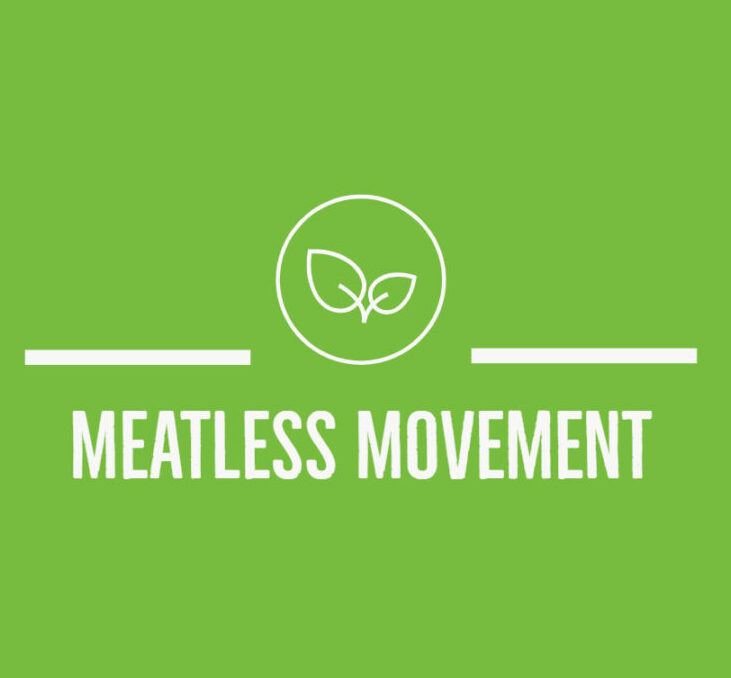Gintare’s remarkable journey into plant-based living began with a simple decision to reduce meat consumption in 2016. At the time, the idea of embracing veganism seemed far-fetched, especially for someone who cherished the flavors of fish and cheese. Intrigued by the lifestyles of vegan acquaintances, Gintare’s curiosity grew, though she couldn’t fathom parting ways with her favorite animal products.
Fast forward to 2021, and Gintare’s relationship with veganism has transformed into an integral part of her daily life. What started as a gradual shift in dietary choices has evolved into a commitment to consuming more raw foods and incorporating celery juice into her routine – a change she deems life-changing.
For Gintare, self-love is synonymous with vibrant, colorful meals and holistic well-being, encompassing the care of her body, mind, and soul. The journey isn’t just about dietary preferences; it’s a mindful pursuit of the best for herself. Through embracing what’s good for her, Gintare exemplifies a harmonious blend of conscious living and self-nurturing choices.
Please tell us more about yourself
Grateful for everything.
Amber🌿
All colors of LIFE.🤍
My name is Gintare (or Amber), I was born in Lithuania but have been living in Germany for the last 17 years.
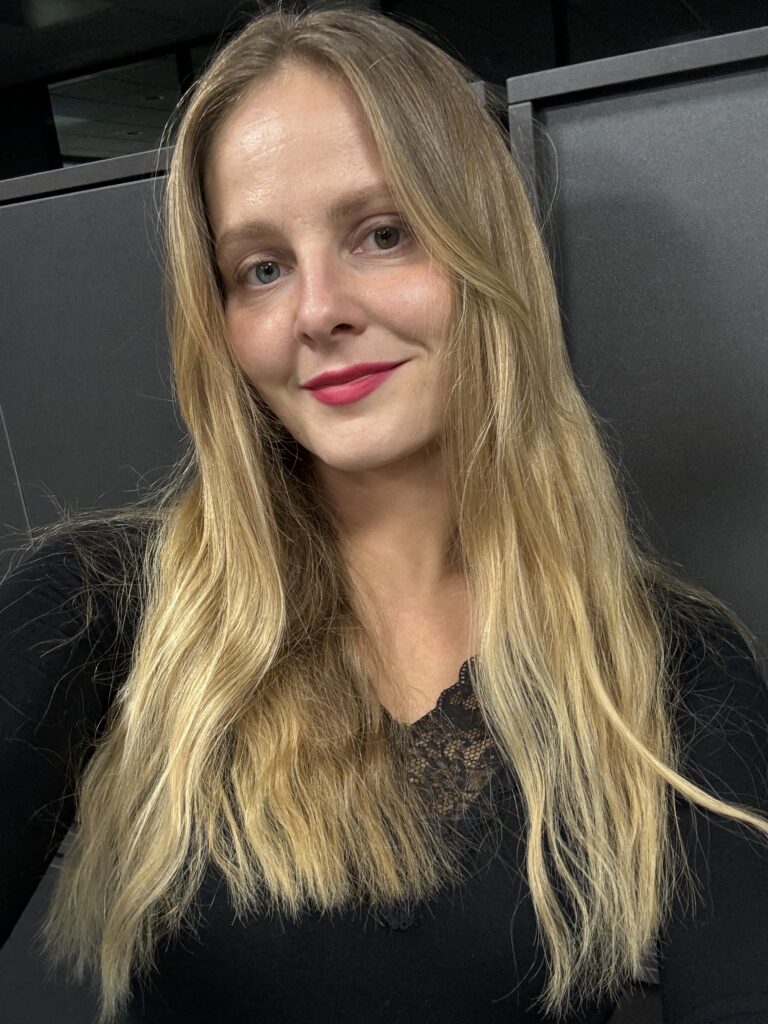
7-8 ago I started reducing my meat consumption because of environmental concerns. In 2018 I discovered some health problems (thyroid issues, chronic fatigue, hair loss, migraines…) and didn´t want to take pills regularly, so I decided to start researching more about natural healing, healthy nutrition and so on. Since I was also going through a hard time mentally and emotionally at that time, I started meditating regularly.
I was depressed and didn´t see any sense or meaning in my existence. After several months, because of meditation and trauma healing, I started feeling so much gratitude and love for all beings. The idea that animals would suffer or die because of me was terrible, so I became vegan at the end of year 2018.
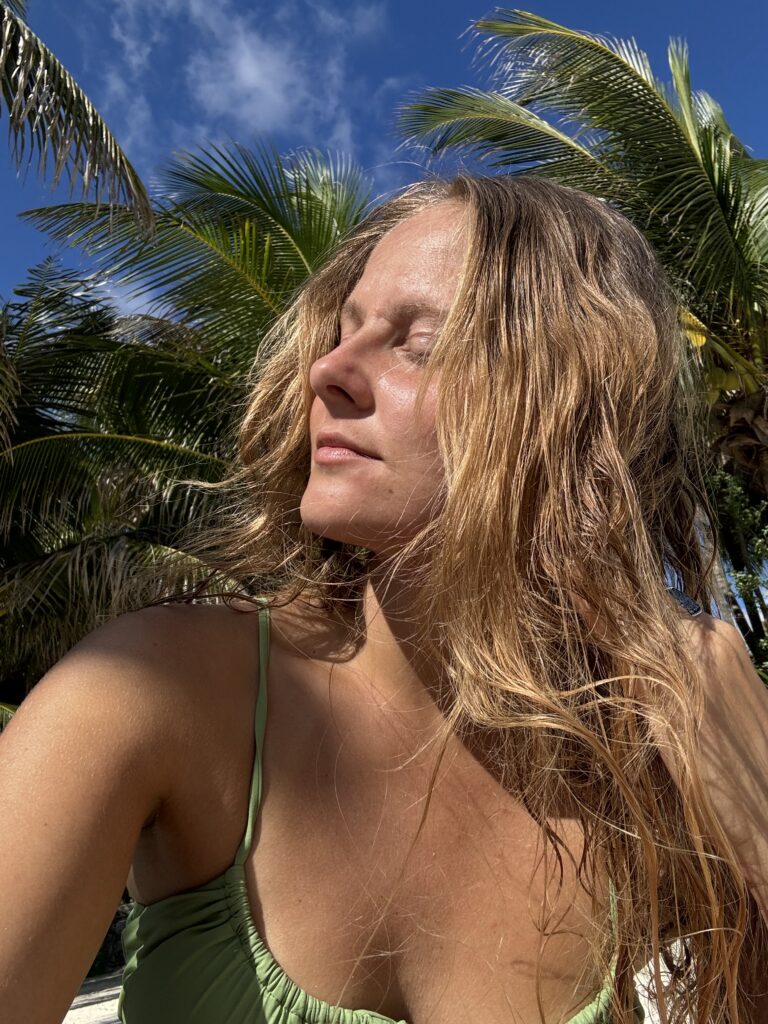
It was quite interesting that my symptoms and health problems disappeared, my diet has been alkaline whole food plant-based and I avoid processed vegan foods. Several family members went vegan too. Several friends were concerned with the same topics at that time (environment, health, animal freedom) so they became vegan too.
Veganism had only one negative (and at the same time positive) side effect: for the first months I had skin breakouts and dry skin, which I later found out was due to detoxification through the skin. Sauna, freshly made juices and fasting helped to detoxify my body properly and thus the skin improved.
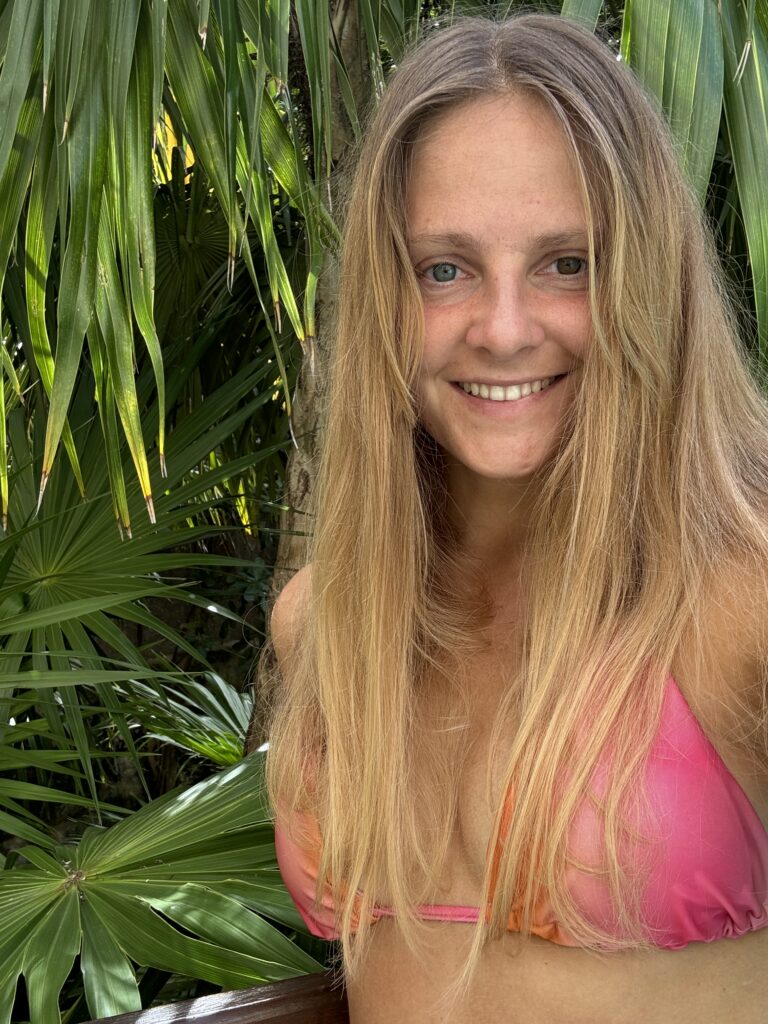
In Germany there are many restaurants with vegan/vegetarian options, especially in big cities. But I was living and studying in South Spain for 6 months. It was quite difficult to find vegetarian or vegan options. I mostly cooked at home or had the vegetarian option at the restaurant.
What helped me is to simply don´t judge myself too much if I eat some cheese while traveling / living abroad.
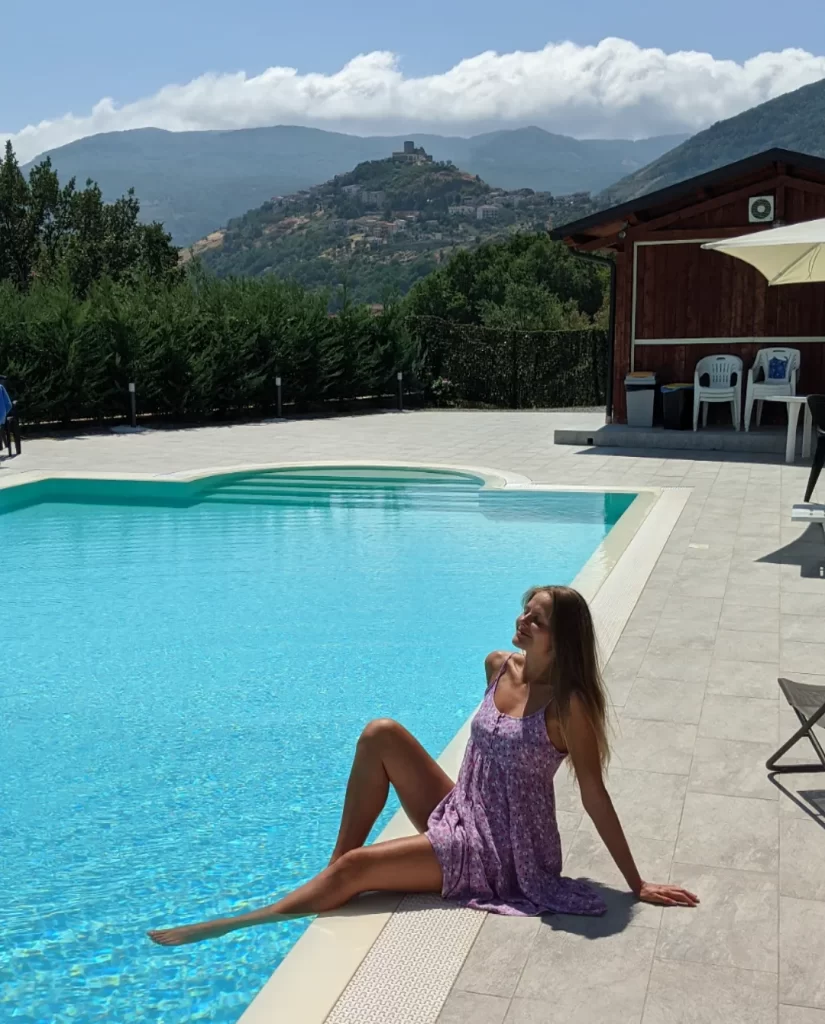
Veganism is about having fun with your food choices and not about making yourself suffer and starve. I am not the strictest vegan in the world. I do allow myself to eat some cheese at social gatherings or when traveling. When I went vegan I also decided for myself I want to eat fish once a year, because, besides cheese, it was the only animal food that I really liked.
How do you feel about being a vegan?
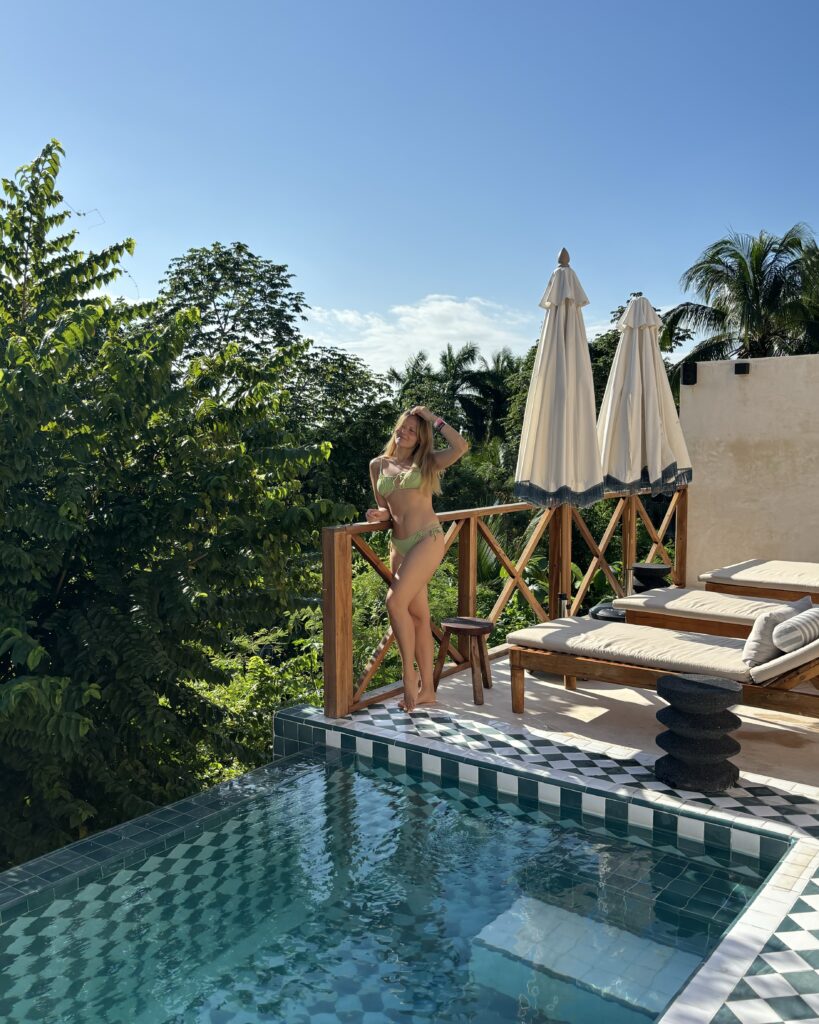
I feel great and over the years I see how I am changing and growing in terms of veganism. My diet is evolving, but I perceive this whole concept different now. On one side I do not refer so much to the labels – vegan, vegetarian or raw vegan.
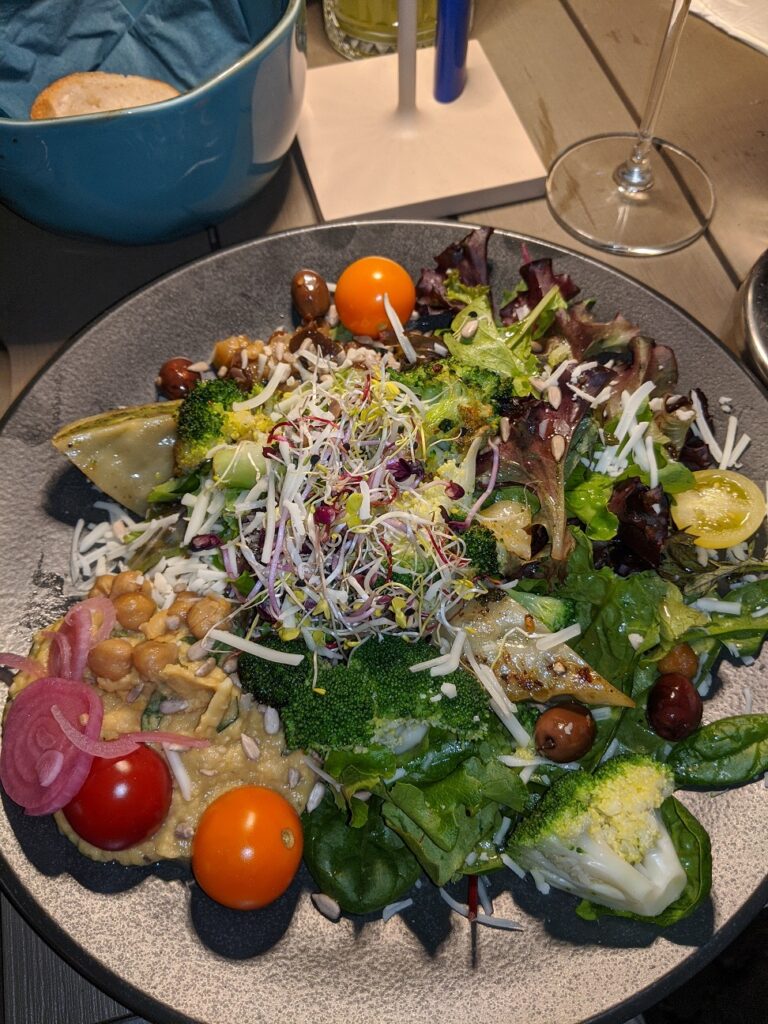
I see that over the last years I have been eating more raw vegan food than cooked vegan food. But I don´t plan to put a label and call myself raw vegan.
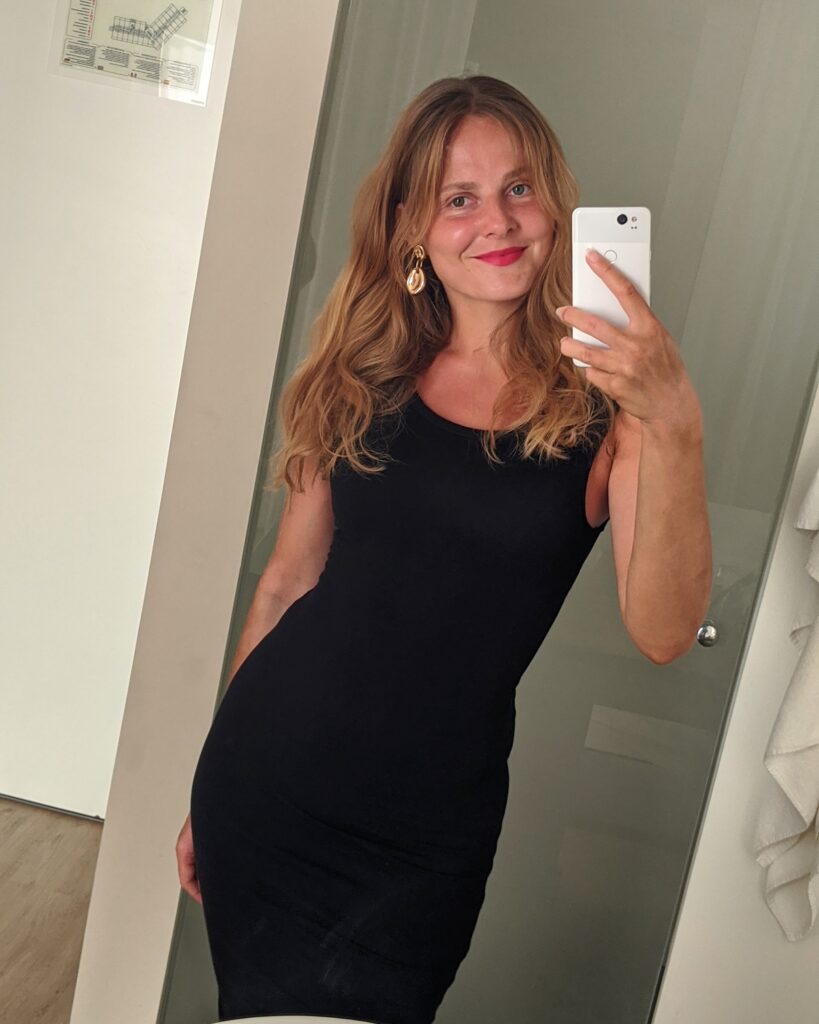
Also, I do not feel bad when I eat fish once a year, or a vegetarian pizza with cheese once in 4-6 months. I am not too hard on myself, but at the same time I´m discovering more and more raw vegan recipes, strictly following my cleanses or detox protocols. There is balance. I eat less, consume less but the calories I put into my body have even higher energy and amount of healthy nutrients than before.
The first few years I really tried to convince people that veganism is the answer for everything. Over the time I let go of that idea that people need to make the same experiences I made. I have no desire to convince anyone, but still support people around me when they need recipe ideas or have questions about the healthy lifestyle.
How would you tell someone who’s not yet vegan to try meatless food?
I have put myself into certain situations, consciously or maybe unconsciously.
Amber🌿
But I will find my way out of them, with even stronger wings
I would recommend to try the meatless option at the restaurant. Here in Germany the majority of people know that eating meat (especially processed) daily is not healthy. Therefore this topic does not have to be discussed, but many people claim they simply like the taste of meat and they eat it, although they know eating it daily is not good for them.
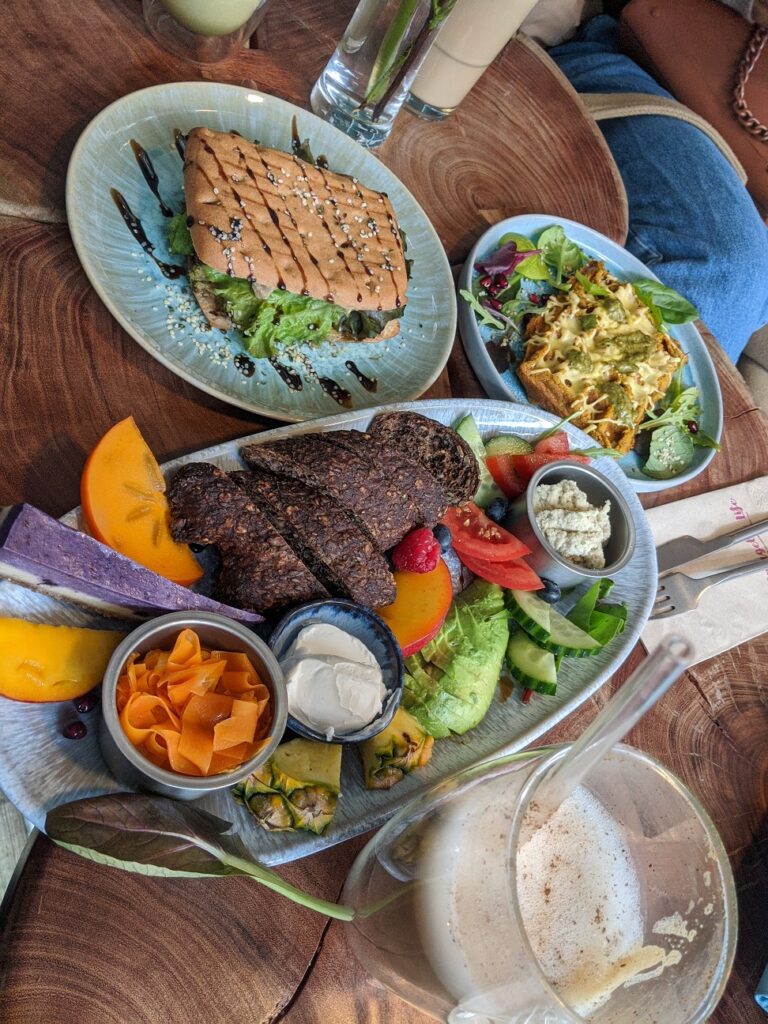
I often recommend good places with vegan/vegetarian options and suggest to try them out. Or simply give a good recipe to someone who says they want to reduce meat consumption. Normally, when someone shares their story and tell more about themselves and I see meatless diet could help that person than I say it. I think it´s important to first listen to someone and understand their problems, thoughts and feelings, then we can give them insights, recommendations or advices. Mostly its honesty, respect and empathy that help to reach a person.
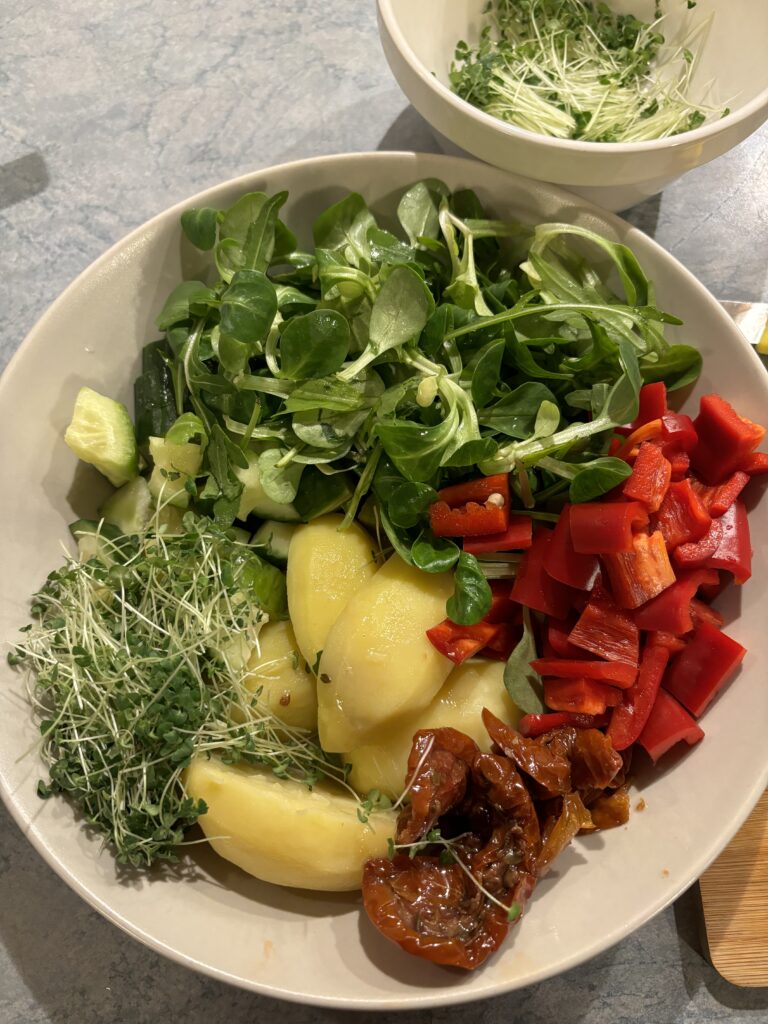
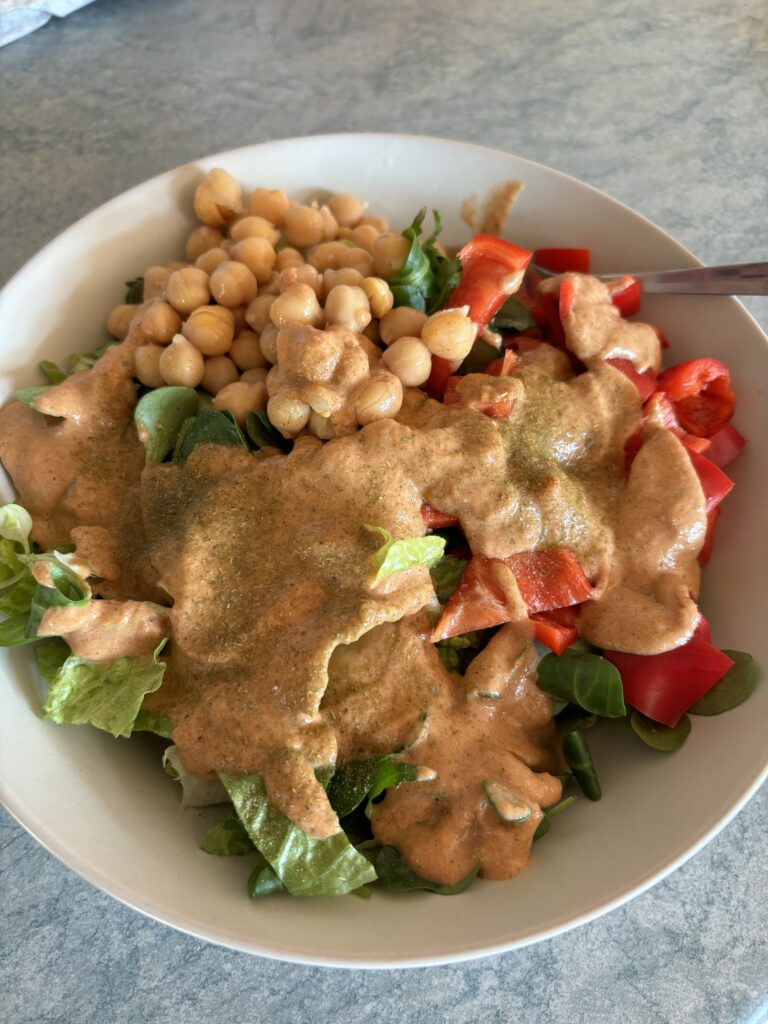
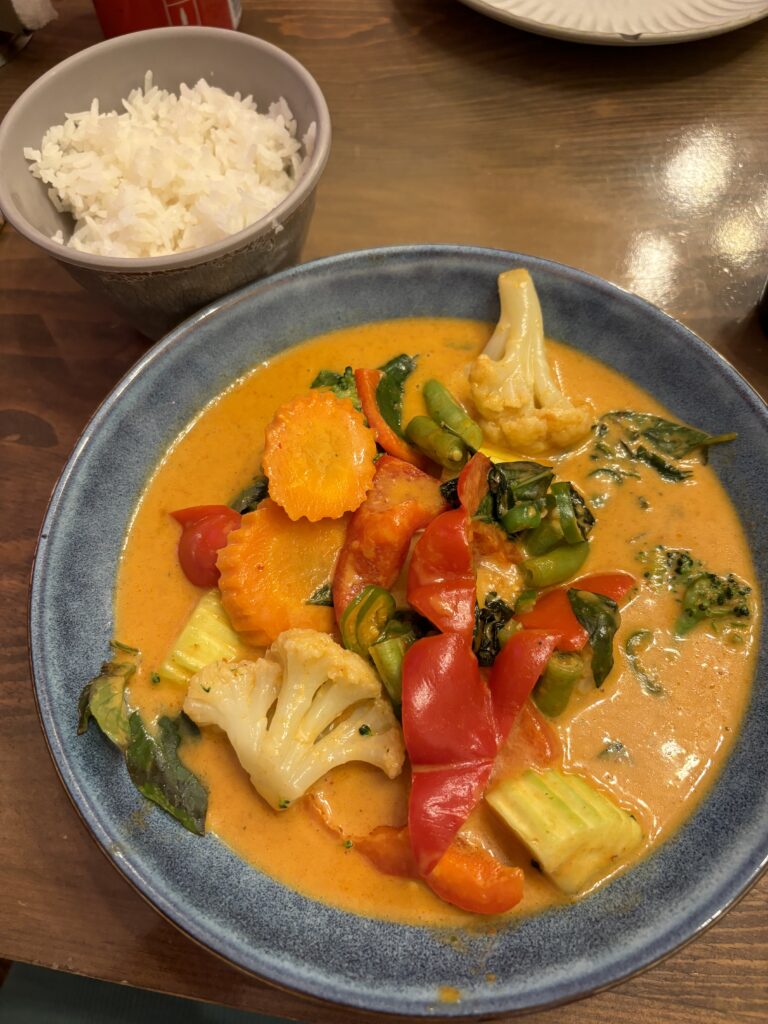
I love good food, no matter if it´s Asian, Italian, Mexican, Indian, Lithuanian or german. I love garlic and spices, I love chilly. The food I prepare at home is always super good. I also enjoy the super simple food, when you´re too lazy to stand in the kitchen for an hour preparing it.
Like oven baked potatoes with vegan mayonese and some Lithuanian tomatoe-cucumber salad. Fried rice with different veggies and tofu – super quick and never disappoints.
What are some misconceptions about a vegan?
Sometimes I don’t know who I am. Sometimes I am not sure where I’m going.
Amber🌿
But I’m sure about one thing: I see myself as part of nature, nature is basically my home.
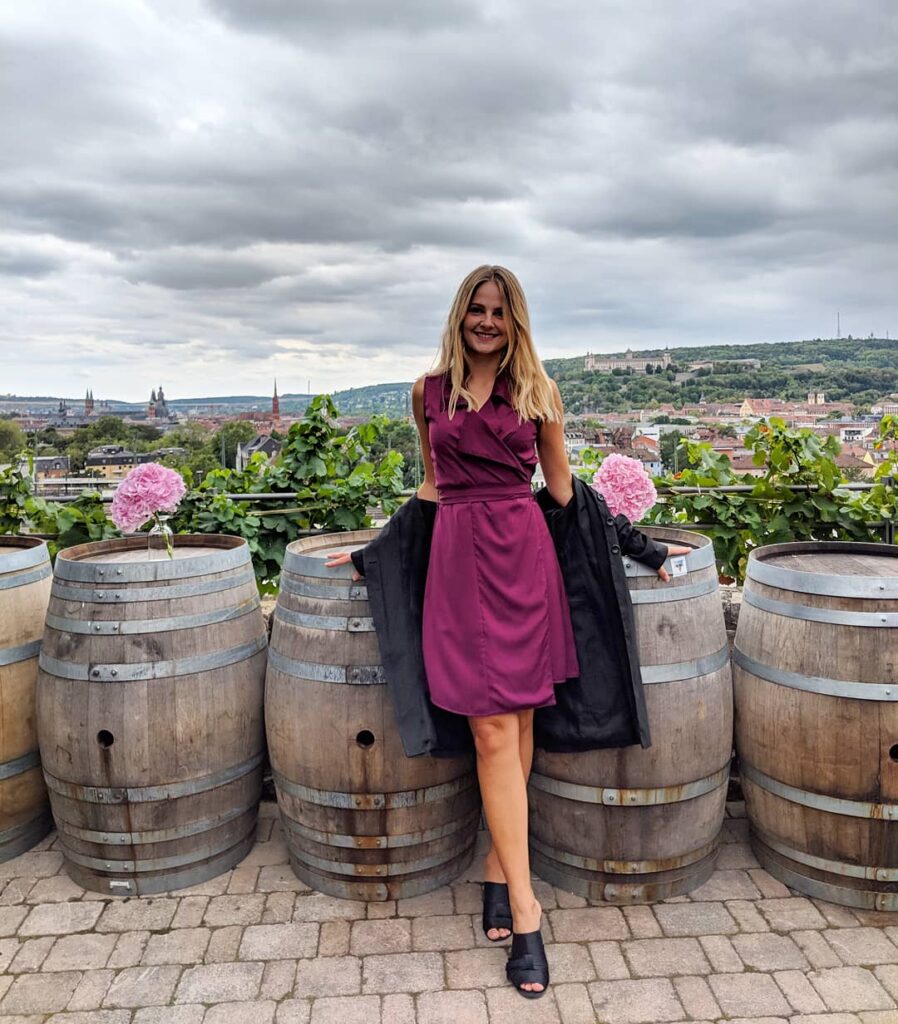
Some people think vegans are very skinny, have white skin, are weak and simply look sick. I normally explain that no matter what diet you follow – if it mainly consists of processed foods – you´ll end up having deficiencies. Also, no matter what diet you follow, it is important to get your blood checked regularly and when weird symptoms come up – they shouldn´t be ignored.
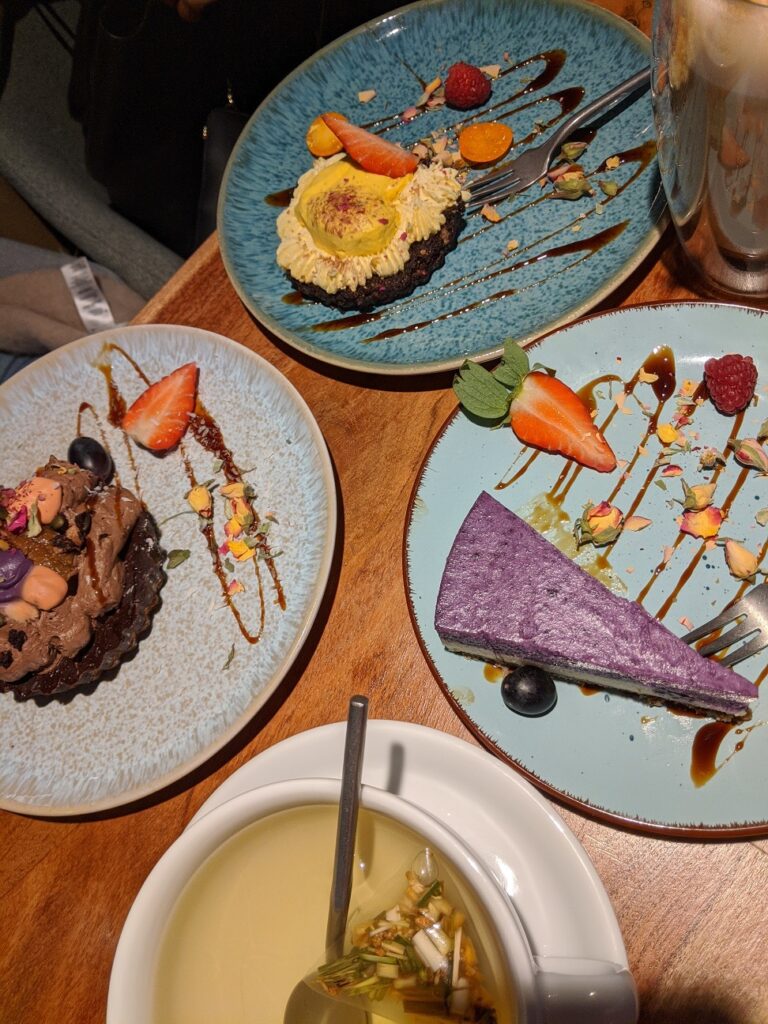
Veganism is not ALWAYS healthy; it really depends on what kind of vegan food you consume. For me it healed my body, but I was also willing to do the research about what my body needs and what not. Some people also still think (although it´s 2023) that vegans only eat salad leaves all day long. Then I kindly remember that rice, beans, all veggies, all grains, even pasta are vegan foods.
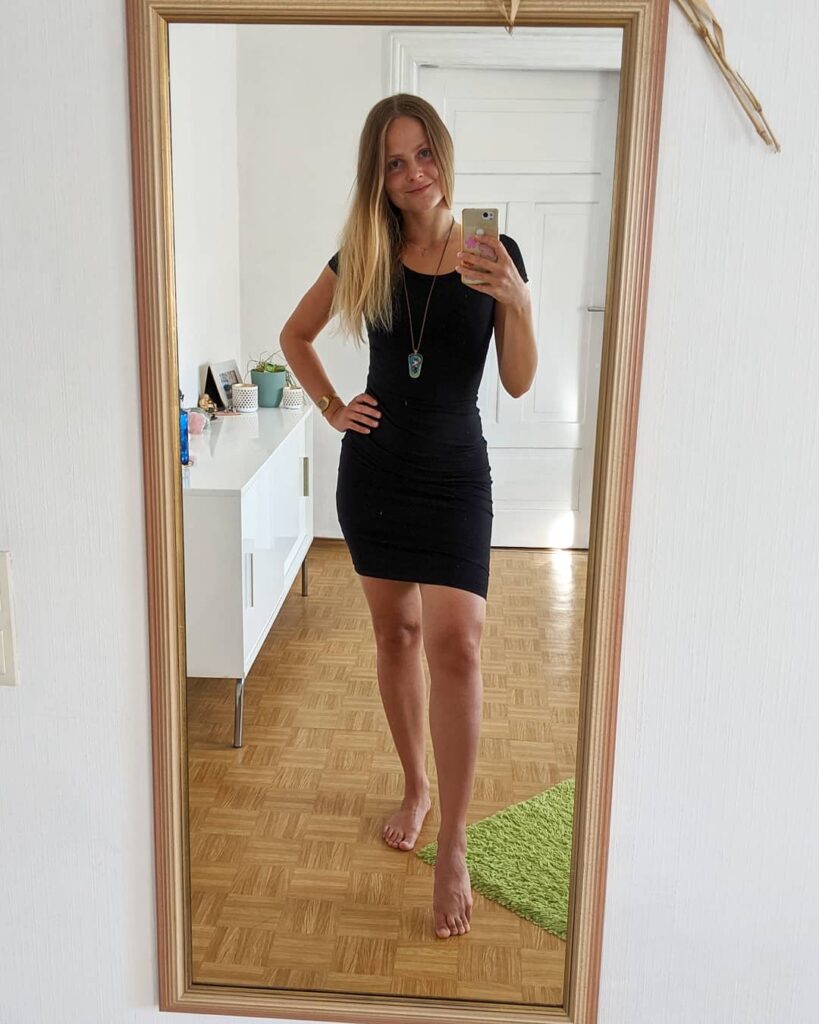
To someone who’s just beginning to go meatless, what is your advice?
Nature doesn’t know anything of what’s happening in the world.
Amber🌿
It just blooms, grows and shines. 🌿
I wanna be like nature 🤔🤣..
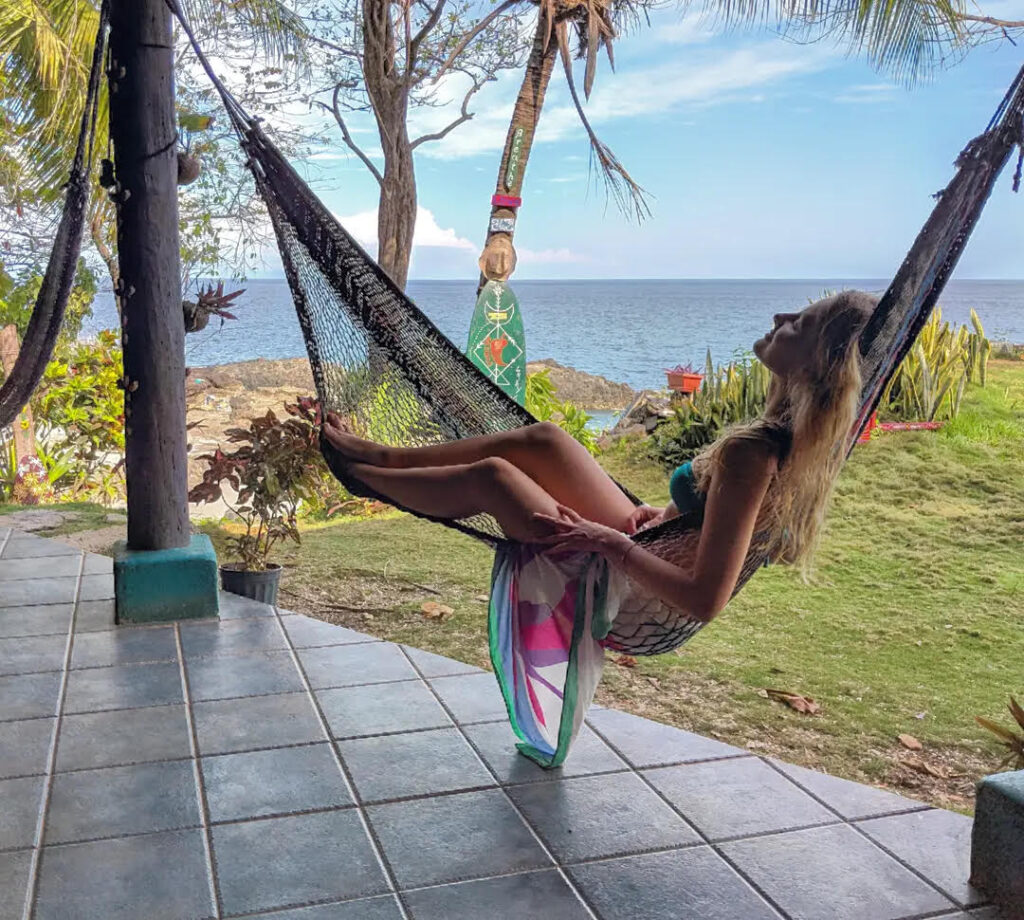
Don´t be too hard on yourself, enjoy the journey. It is not about being perfect, it´s about making small steps towards improvement and well-being. Don´t let others bring you down, listen to your heart. In 2016 I started eating meat once a week, in 2017 it was once a month. I took the time for my journey and I took the time for my research before going vegan. Take your time and do it with love for yourself and nature.
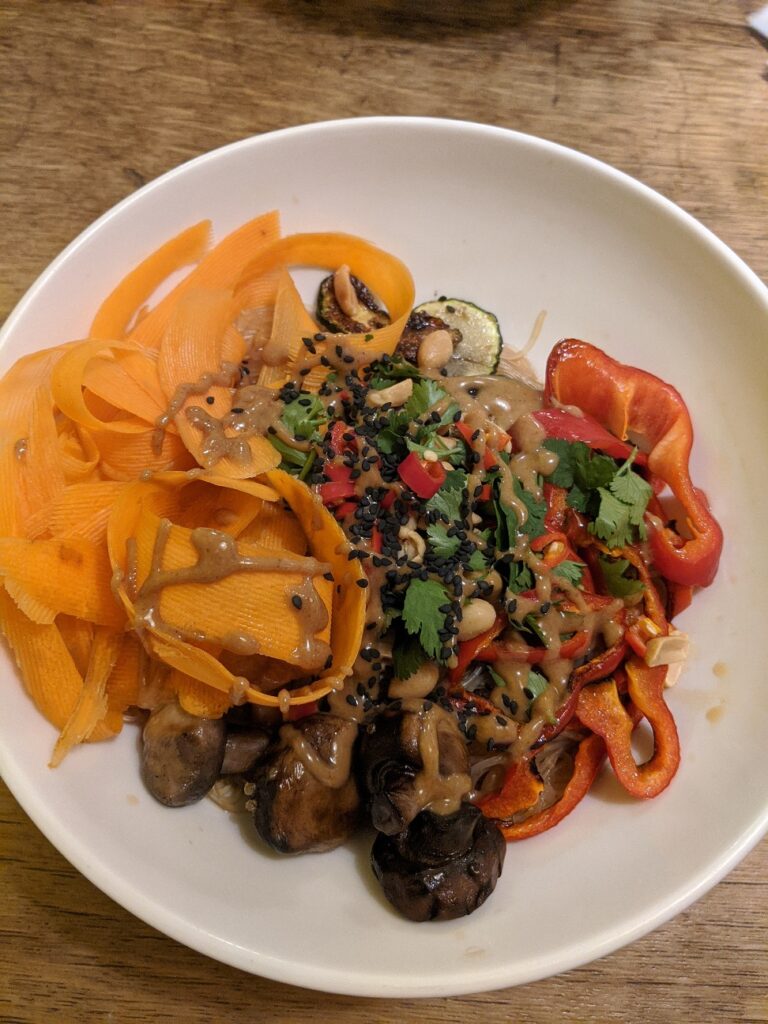
If you do it ONLY for the animals: don´t forget yourself too. Your health matters, you matter. Animals are very important but this planet needs you too, as healthy as you can be. So, don´t eat unhealthy vegan food to save the animals. It´s a win win situation, when you eat healthy vegan food, thus feel amazing and at the same time you are saving animals.
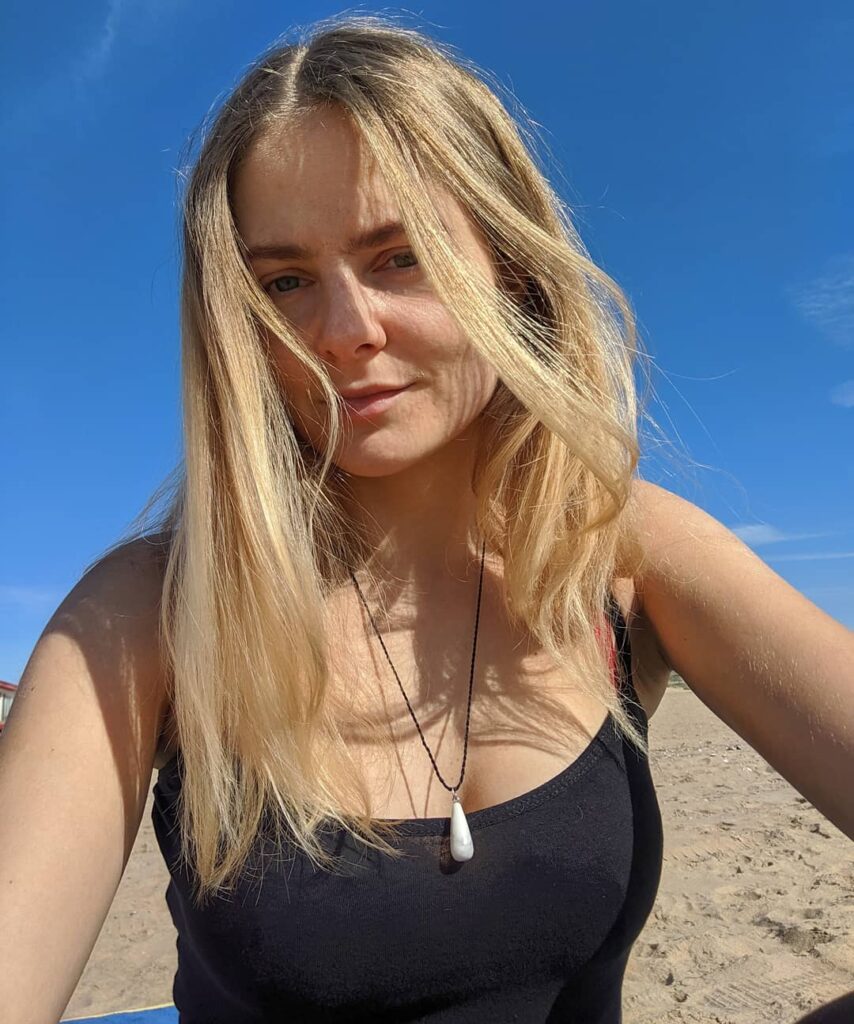
If you do it for health, I would suggest to avoid processed vegan foods and eat more whole foods. Also totally recommend to reduce gluten / wheat consumption, mostly it´s vegan but it´s not alkaline and has no healing benefits.
Amber🌿
🌊 | colorful places 🌺 | nature love ☀️ | positive mindset ॐ
all images courtesy of Amber🌿
